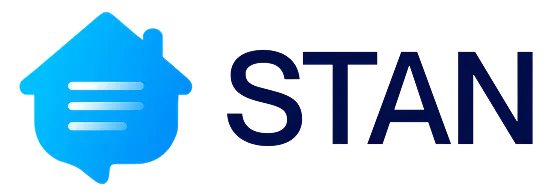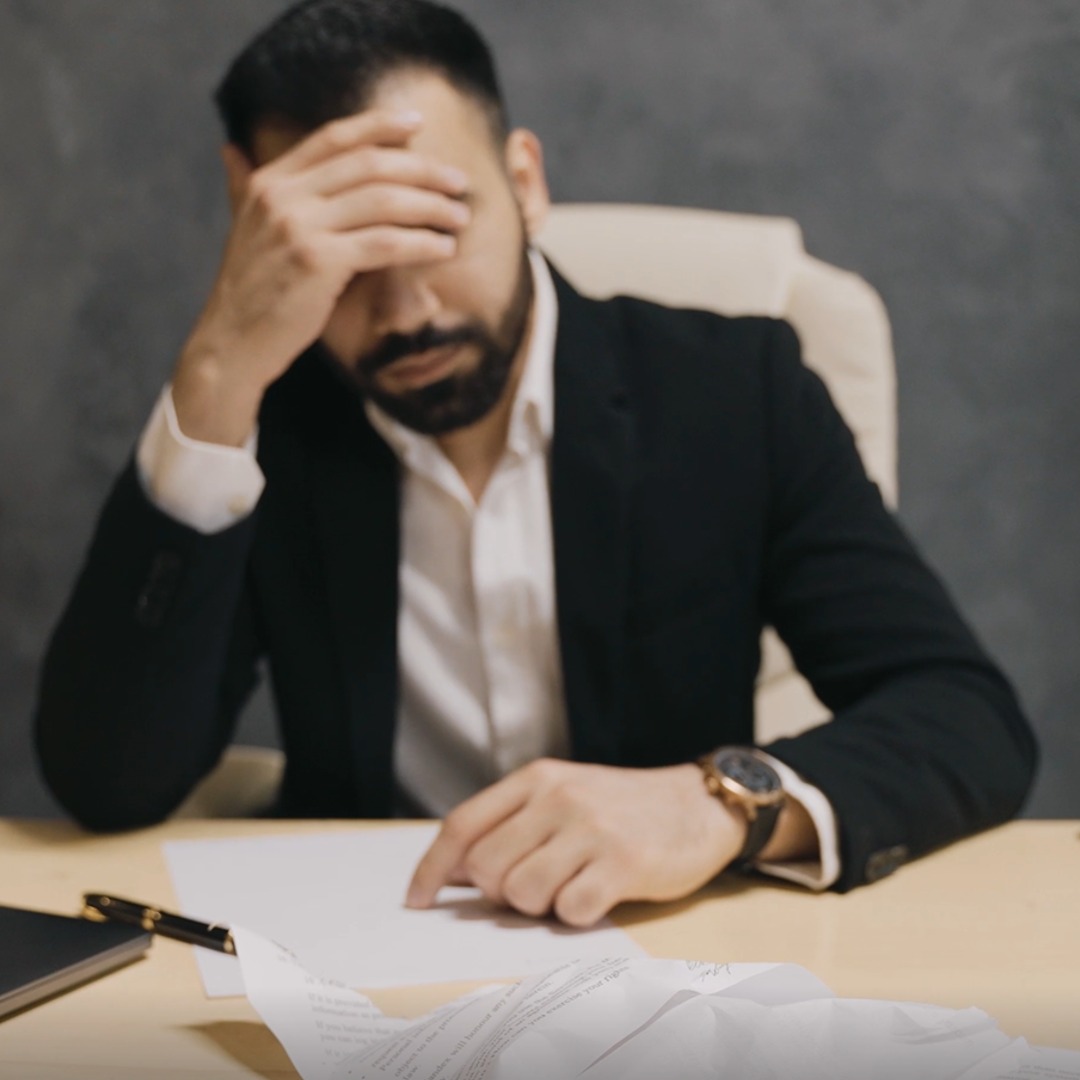Homeowners' associations (HOAs) provide many important services for residents of single family, condo, and townhome communities. They are responsible for maintaining common areas, enforcing rules and regulations, and providing amenities like swimming pools and fitness centers.
In addition, HOAs play an important role in protecting property values. By ensuring that the community is well-maintained, they help to encourage potential buyers to look within their community. In short, a well-run HOA is a valuable asset for any community.
However, it is important to remember that HOAs are not without their drawbacks. They can be controversial, and some residents may feel that they are too restrictive.
The absence of intangible values in a community can be hurt when HOAs focus exclusively on money. A community's loyalty, transparency, and trust can make or break it.
The dangers of focusing on the bottom line only in an HOA
When it comes to running a successful HOA, there are many factors to consider. Of course, financial stability is important, but it should not be the only focus.
If an HOA board fixates on the bottom line to the exclusion of everything else, it can lead to some serious problems. For one thing, it can create a feeling of detachment and disengagement among residents. After all, people want to live in a community that feels like a true neighborhood, not a corporate entity.
Additionally, an over-emphasis on the bottom line can result in neglect of important maintenance and repairs, which can end up costing the HOA more money in the long run. Imagine you have a landscaping company you have worked with for over ten years. Over this period of time, the relationship may have developed intangible assets. Other factors that can't be priced may include providing services after hours or taking extra care of your properties. It is crucial for HOAs to strike a balance between financial responsibility and creating a supportive community atmosphere.
How to strike a balance between financial stability and resident satisfaction in an HOA
Homeowners associations are tasked with the important job of maintaining the property values within their community. To do this, they must strike a balance between financial stability and resident satisfaction.
HOAs must be careful not to overspend on amenities and services that residents may not value. On the other hand, they must also provide enough features and amenities to keep residents happy and encourage them to stay in the community.
One way to strike this balance is to survey residents on a regular basis to gauge their level of satisfaction. This feedback can then be used to make decisions about which amenities and services to offer, as well as how to price them.
Another way to ensure financial stability is to carefully manage the association's budget and reserve fund. By being mindful of both financial stability and resident satisfaction, HOAs can help maintain property values within their community.
The benefits of maintaining a healthy community spirit in an HOA
Homeowners' associations (HOAs) provide many benefits to their members, including the maintenance of common areas, the enforcement of rules and regulations, and the promotion of a sense of community.
One of the most important benefits of belonging to an HOA is the fact that it can help to promote a healthy community spirit. When neighbors feel connected to one another and invested in the well-being of their community, they are more likely to cooperate with each other and work together to solve problems.
Additionally, a strong sense of community can lead to increased safety, as neighbors are more likely to look out for one another and report suspicious activity.
Finally, a close-knit community can add to the overall enjoyment of living in an HOA development. By taking the time to get to know your neighbors and participate in community activities, you can help create a neighborhood that everyone will be proud to call home.
Tips for creating a balanced budget for your HOA
As any homeowner association (HOA) board member knows, creating and maintaining a balanced budget is essential to the health of the community. Not only does it ensure that the HOA can meet its financial obligations, but it also allows for future planning and reserves. Here are some tips for creating a balanced budget for your HOA:
1. Know your income sources. First and foremost, you need to be aware of all the income sources for your HOA. This includes things like membership dues, assessments, interest on investments, and so forth. Knowing where your money is coming from will help you to better plan and allocate your expenses.
2. Create realistic assumptions. When putting together your budget, it's important to create realistic assumptions about things like income and expenses. Overestimating or underestimating either one can throw off your entire budget and cause problems down the road.
3. Monitor Reserve fund. Monitoring the reserve fund is vital to keeping the HOA's finances in order. The board should review the fund regularly to make sure that there is enough money set aside to cover anticipated expenses. The fund should also be reviewed if there are any changes in the community that could impact the amount of money that is needed, such as re-roofing or an increase in the number of units.
4. Review and update regularly. Once you've created your budget, it's important to review and update it on a regular basis. This will help to ensure that it remains accurate and relevant over time.
A well-run HOA can provide many benefits to its residents, from financial stability to a sense of community. However, it is important to remember that an HOA should not focus exclusively on the bottom line.
Instead, it is necessary to strike a balance between financial stability and resident satisfaction. This can be achieved by maintaining a healthy community spirit and implementing sensible budgeting measures.
If you are looking for tips on creating a balanced budget for your HOA, we recommend seeking the help of professionals in the field. With the right tools and advice, you can create a thriving community for your homeowners association.


.png)

%20(2).png)
